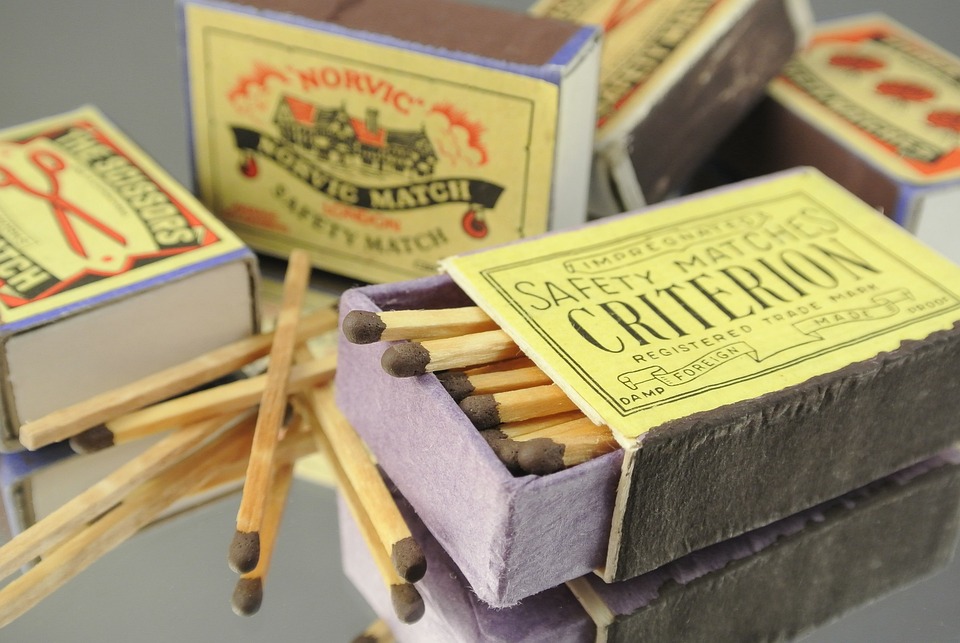In the realm of gaming, few experiences evoke as much emotional investment and psychological intensity as ranked matches. Whether it’s in MOBAs, first-person shooters, or battle royale games, players often find themselves in high-stakes environments where skill, strategy, and teamwork come together. But what is it about these competitive environments that create such an intense experience?
The Thrill of Competition
At the heart of competitive play is the fundamental human instinct to compete. This drive can be traced back to our evolutionary past, where competition was necessary for survival. Winning in a ranked match not only offers immediate rewards like virtual accolades and rankings but also satisfies intrinsic desires for achievement and recognition. This thrill can act as a potent motivator, driving players to improve their skills and strive for higher ranks.
The Reward System: Dopamine and Winning
When players succeed in ranked matches, their brains release dopamine, a neurotransmitter often associated with pleasure and reward. This release creates a sense of euphoria that can turn gaming into a highly addictive experience. The more a player competes and wins, the more they crave that dopamine hit, leading to a cycle of behavior where players continually seek out competitive matches. This psychological reward system turns each match into not just a contest of skill but an emotional roller coaster, heightening the stakes of failure or victory.
Social Dynamics and Teamwork
In ranked matches, players often rely on teammates to achieve victory. This introduces a complex layer of social interaction, filled with both cooperation and competition. The necessity of collaboration can amplify tension, especially in games where one player’s performance can hinge on the entire team’s success.
Trust and Communication
Effective communication is crucial in these high-pressure scenarios. Players must work quickly to develop trust, share strategies, and adapt to the dynamic flow of the game. Failure to communicate effectively can result in frustration and discord, often leading to negative emotional outcomes. Consequently, the social dynamics of teamwork can heighten the stakes, making each match not just a battle against opponents but also a psychological test of interpersonal relationships.
The Fear of Failure
One of the more intense aspects of ranked play is the fear of failure, which can affect players in profound ways. Unlike casual gaming, where the stakes are lower, ranked matches are often associated with a player’s skill level and reputation. Losing can not only mean a loss of rank but can also impact a player’s self-esteem and sense of identity within the gaming community.
Performance Anxiety
This fear can manifest as performance anxiety, leading to a pressure cooker environment where players may struggle to perform at their best. Paradoxically, this anxiety can cause players to become overly cautious or make impulsive mistakes, ultimately detracting from their overall performance. The psychological weight of expectation—both external (from teammates) and internal (personal goals)—can turn what should be an enjoyable experience into a stressful situation.
Coping Mechanisms and Strategies
Given the intense psychological pressure of ranked matches, players often develop coping mechanisms. Some might embrace mindfulness techniques or practice deep breathing to manage anxiety. Others might use visualization strategies to prepare mentally for matches.
The Balance of Competitive Spirit
Finding a healthy balance between competitiveness and enjoyment is essential for long-term engagement in ranked play. Players who can cultivate a mindset where the primary goal is self-improvement, rather than just winning, tend to enjoy the process more and experience less emotional strain.
Conclusion
The psychology of competitive play, especially in ranked matches, is a fascinating intersection of instinct, motivation, and social dynamics. Understanding the underlying psychological mechanisms at play can provide players with valuable insights into their behavior and experiences. By acknowledging the thrill of competition, the fear of failure, and the importance of teamwork, players can navigate the intense waters of ranked play while maintaining their enjoyment and mental well-being. As gaming continues to evolve, recognizing the psychological dimensions of competition will be crucial for both players and game developers alike.



